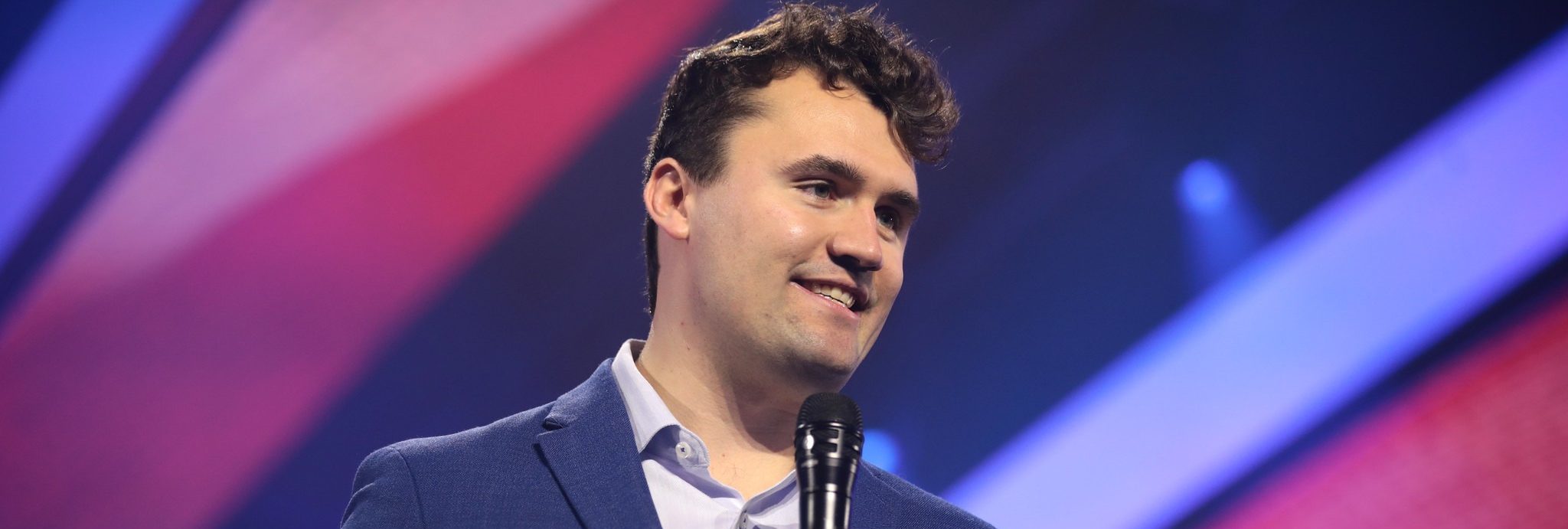The legacy of Charlie Kirk
This article is the opinion of an individual and is not affiliated with The Boar.
In June 1966, James Meredith, the first black American admitted to the University of Mississippi, was shot while demonstrating against racial segregation and voter suppression. The attack came during his solitary ‘March Against Fear’, a walk intended to defy intimidation and invite Black Mississippians to register to vote. Meredith survived shotgun wounds to the head, neck, back, and leg – yet the movement did not pause. Leaders from a variety of civil rights organisations picked up the march, turning a lone act of courage into a mass assertion of the right to speak, assemble, and petition. The bullet did not silence the message; it multiplied the messengers.
Nearly six decades later, Charlie Kirk’s death shall test whether our culture remains committed to the principles of a pluralistic democracy. The parallel is not exact – Kirk was no Meredith. Meredith stood on the front lines of dismantling the remnants of Jim Crow, while Kirk positioned himself as a polarising voice within an already divided republic. But the test for America is the same: whether the use of violence against a speaker will be met with silence, fear, and retreat, or whether it will spark a renewed commitment to the bedrock promise that expression, however contentious, should not be silenced with violence.
While Kirk energised a new generation of conservative activists, his methods and message were not without serious criticism. He often took provocative stances that crossed into misinformation and demagoguery
Charlie Kirk rose to prominence as a champion of free speech and conservative youth activism. In 2012, at just 18, he co-founded Turning Point USA, aiming to rally young conservatives on college campuses. Kirk’s signature “Prove Me Wrong” campus debates exemplified his commitment to open discourse. At these events, he would invite students – typically those with opposing views – to challenge him on contentious issues ranging from immigration policy to gun control. Indeed, when nearly six thousand people signed a petition to bar him from the Utah event, the university rebuffed it, citing First Amendment principles and affirming its commitment to free speech and constructive dialogue.
While Kirk energised a new generation of conservative activists, his methods and message were not without serious criticism. He often took provocative stances that crossed into misinformation and demagoguery. Kirk was a vocal ally of President Donald Trump and amplified baseless claims that the 2020 election was stolen. His tactics – such as maintaining a watchlist of alleged left-wing faculty at American universities – were nothing short of intimidation and modern-day McCarthyism.
He gave voice to a segment of America’s youth that felt unheard, urging them to speak out as proud Americans even when their views invited controversy
One of Charlie Kirk’s most fervent causes was his advocacy for Second Amendment rights. Kirk argued relentlessly that an armed citizenry is essential to American freedom – even if it comes with deadly risks. In 2023, he drew controversy for bluntly asserting that some level of gun violence is “worth it” as the tragic price of preserving the Second Amendment. Such comments, made in the wake of mass shootings, were condemned by gun-control advocates as callous. Yet they reflected Kirk’s deeply held belief that individual gun ownership safeguards all other freedoms.
Charlie Kirk leaves behind a complex legacy that will likely be debated for years to come. He gave voice to a segment of America’s youth that felt unheard, urging them to speak out as proud Americans even when their views invited controversy. Kirk’s life was a testament to the potency of those freedoms, even as his provocations tested their limits. In remembering him, America is challenged to uphold the very ideals he wielded in life – the promise that our republic’s strength lies in open debate, and that we forever strive for it to live up to its founding values of liberty and justice for all.

Comments